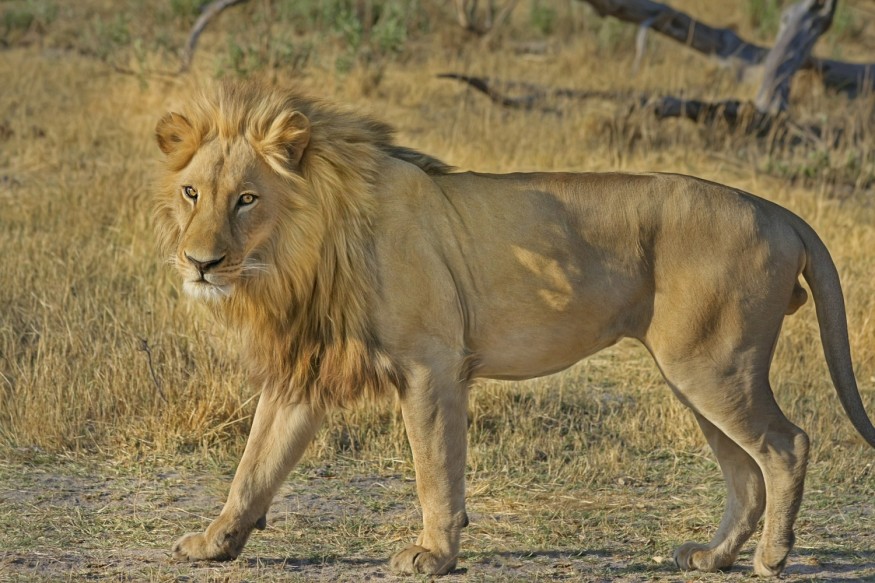
Six lions had been found dead with several body parts missing in the Queen Elizabeth National Park in Uganda. This has been the latest attack within the protected area, and the Uganda Wildlife Authority (UWA) has been on the case, suspecting it to be the work of desperate poachers suffering the economic downturn brought by COVID-19.
Along with the lions, there were also dead vultures. This led the UWA to believe that the big cats were poisoned prior to dismemberment. Lion parts have been recently sought in the illegal wildlife trade for a number of reasons.
Natural park authorities suspect desperate poachers killed lions
Specifically, poachers pluck out claws and teeth for use in alternative medicines as well as tribal jewelry. It is now the latest trends in the black market that have fuelled threats to the animal's population (alongside unmonitored trophy hunting and conflicts with local farmers).
In some worst-case scenarios, hunters, farmers and poachers may even undertake illegal cullings as a quick means to escape destitution.
Still, the UWA assures the general public that the perpetrators will be caught and still has confidence in its conservation efforts. The Queen Elizabeth National Park continues to hold the highest number of lions for miles around, and treats any threat to its prides as a threat to the park's mission as well as its sustainability. These animals, along with many others, have become important assets for the country's long-term economic gain.
COVID-19 economy linked with Uganda natural park poisonings
The UWA's dedication to its nature parks is based on their importance for tourism, which in turn helps it make a strong case for sustainable economies that do not rely on the destruction of national habitats. (For conservationists, the stakes could not be higher given how other African countries still struggle to embrace the same model.)
To date, the UWA states that $1.6 billion has been earned by nature tourism alone, and this accounts for much of the amount allocated to improving local communities. Were it not for the circumstances of the pandemic, Uganda was gradually making its way to becoming a good example of wildlife preservation contributing to the welfare of developing countries.
However, the global impact of COVID-19 has certainly been bad news, with lockdowns, social distancing measures and decline of tourism forcing the country's economy to contract.
These developments have also, at least indirectly, led to a greater increase in poaching incidents due to the worsening poverty rates. The loss of tourism has also made it harder for the national parks to maintain revenue and maintain its standing security personnel. It is feared that, if nothing is done soon, the resurgence of attacks against nature sanctuaries will only worsen (both in Uganda and across Africa).
© 2026 NatureWorldNews.com All rights reserved. Do not reproduce without permission.





